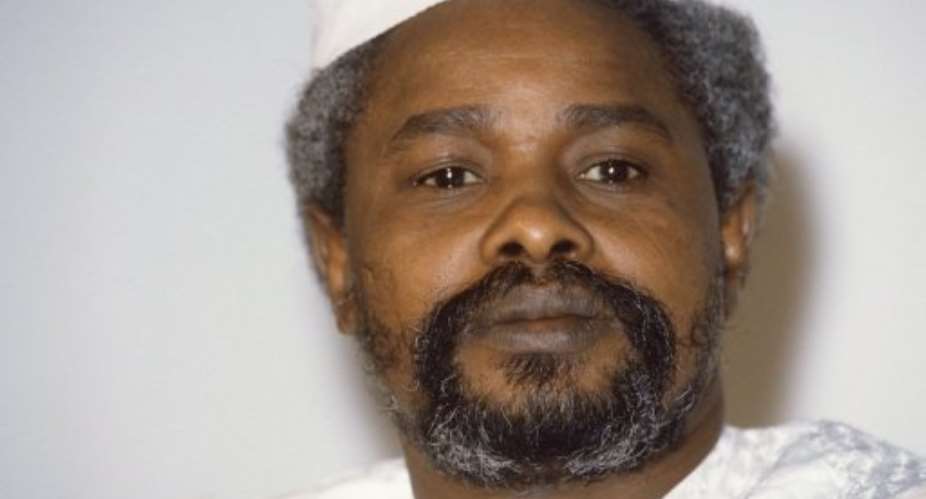DAKAR (AFP) - Human Rights Watch lawyer Reed Brody, who has spearheaded the case against Chad's ex-dictator Hissene Habre, said a flurry of movement to open a trial against him showed a change of heart by Senegal.
"It is a turnaround," Brody told AFP on Wednesday in Dakar after talks with Justice Minister Aminata Toure, who has agreed on a draft proposal along with the African Union to create a special court to try Habre.
Brody was part of a Belgian investigating team that travelled to Chad in 2002, where they visited detention centres and mass graves and found thousands of documents from Habre's political police, providing strong evidence of torture and rights violations.
Habre has been living in Senegal since fleeing his country in 1990 after being ousted by President Idriss Deby Itno.
A 1992 truth commission report in Chad said that during his time in power, Habre presided over up to 40,000 political murders and widespread torture.
While mandated by the African Union to put Habre on trial in 2006, Senegal dragged its feet for years under President Abdoulaye Wade, citing problems in jurisdiction and then funding.
Brody said the regime of Macky Sall, elected in March, wants a "serious and rigorous approach" to the trial.
The International Court of Justice (ICJ) has ordered Senegal to either try Habre or extradite him.
After four days of talks in Dakar, a draft agreement was drawn up between the AU and Senegalese government on the creation of extraordinary African chambers within the Senegalese court structure.
The chambers will have four sections to handle instruction, investigations, trials, and appeals, and will consist of Senegalese and other African judges.
In 2010 some 8.6 million euros ($10 million) was pledged by the European Union, Belgium, Germany, France, Luxembourg, the African Union and Chad for the holding of the trial.
However just weeks later Wade said he wanted to "get rid of" the case, and the money was never paid. Brody said this would have to be followed up with the donors.
"An investigation into crimes of this nature committed 20 years ago in another country is costly and complicated," he said.
Brody is counting on the case opening before the end of the year, saying he does not want it to drag on as victims have suffered enough. He has urged the court to use investigative work already carried out by others.





 Tuesday’s downpour destroys ceiling of Circuit Court '8' in Accra
Tuesday’s downpour destroys ceiling of Circuit Court '8' in Accra
 SOEs shouldn't compromise on ethical standards, accountability – Akufo-Addo
SOEs shouldn't compromise on ethical standards, accountability – Akufo-Addo
 Father of 2-year-old boy attacked by dog appeals for financial support
Father of 2-year-old boy attacked by dog appeals for financial support
 Jubilee House National Security Operative allegedly swindles businessman over sa...
Jubilee House National Security Operative allegedly swindles businessman over sa...
 Nobody can order dumsor timetable except Energy Minister – Osafo-Maafo
Nobody can order dumsor timetable except Energy Minister – Osafo-Maafo
 Mahama wishes National Chief Imam as he clock 105 years today
Mahama wishes National Chief Imam as he clock 105 years today
 J.B.Danquah Adu’s murder trial: Case adjourned to April 29
J.B.Danquah Adu’s murder trial: Case adjourned to April 29
 High Court issues arrest warrant for former MASLOC Boss
High Court issues arrest warrant for former MASLOC Boss
 Align academic curriculum with industry needs — Stanbic Bank Ghana CEO advocates
Align academic curriculum with industry needs — Stanbic Bank Ghana CEO advocates
 Election 2024: We'll declare the results and let Ghanaians know we've won - Manh...
Election 2024: We'll declare the results and let Ghanaians know we've won - Manh...
